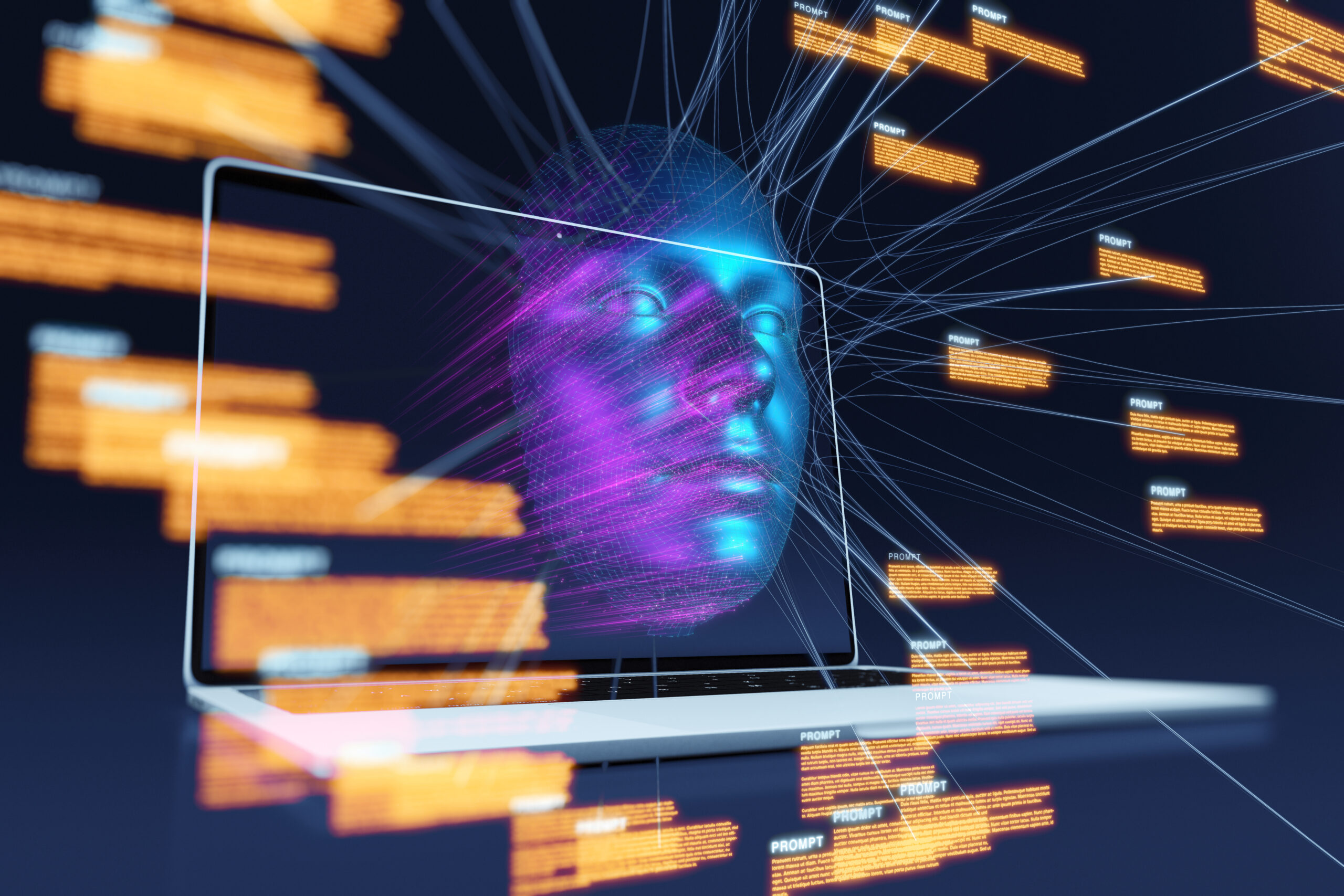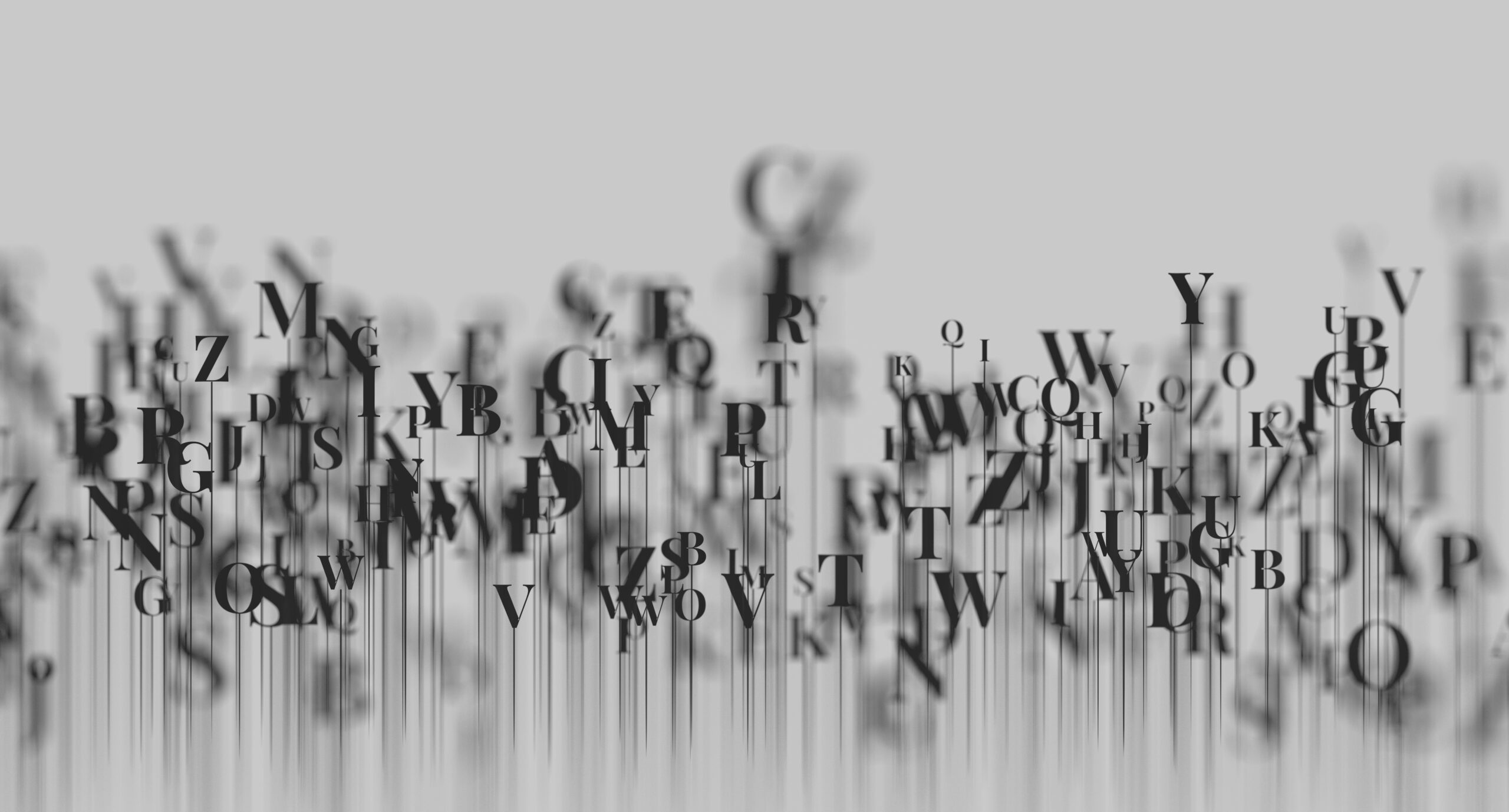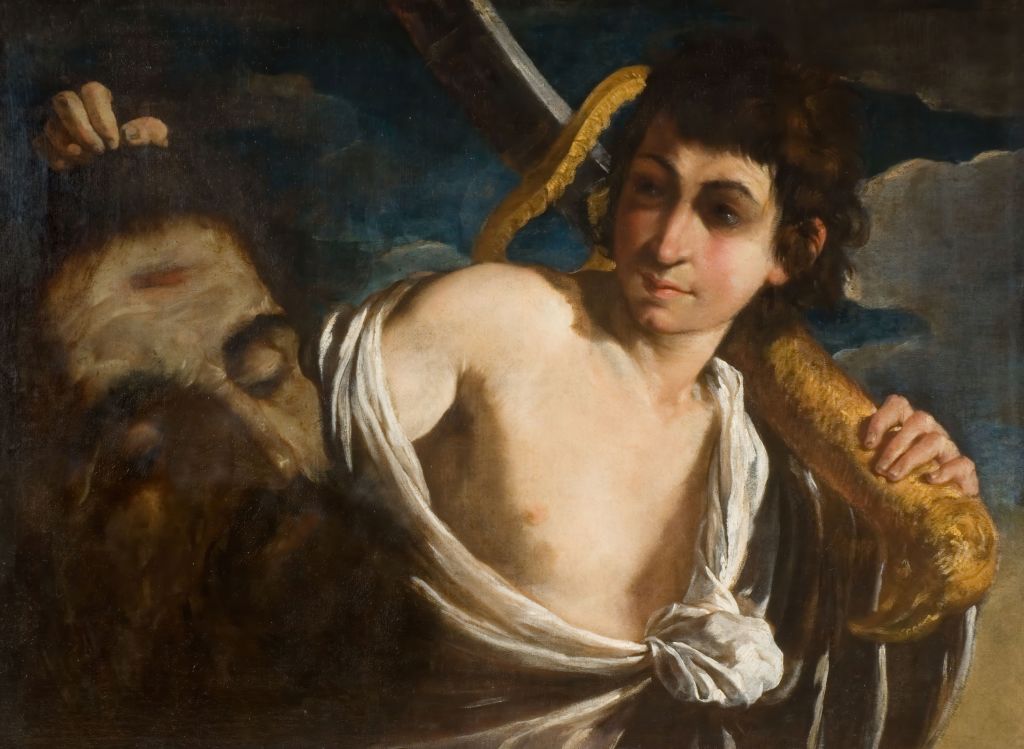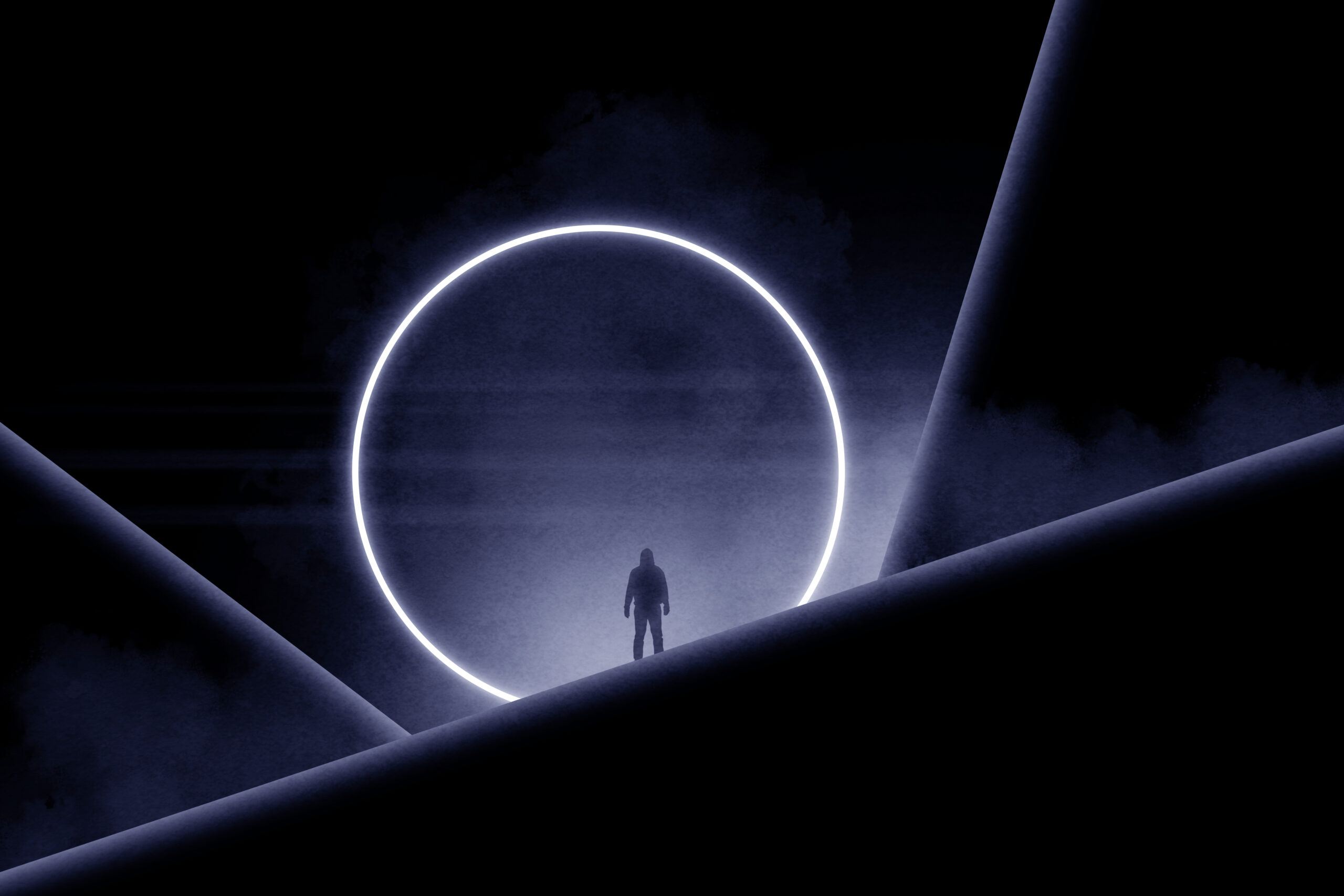A skeptical observer goes looking for AI bias.
A Clean Machine
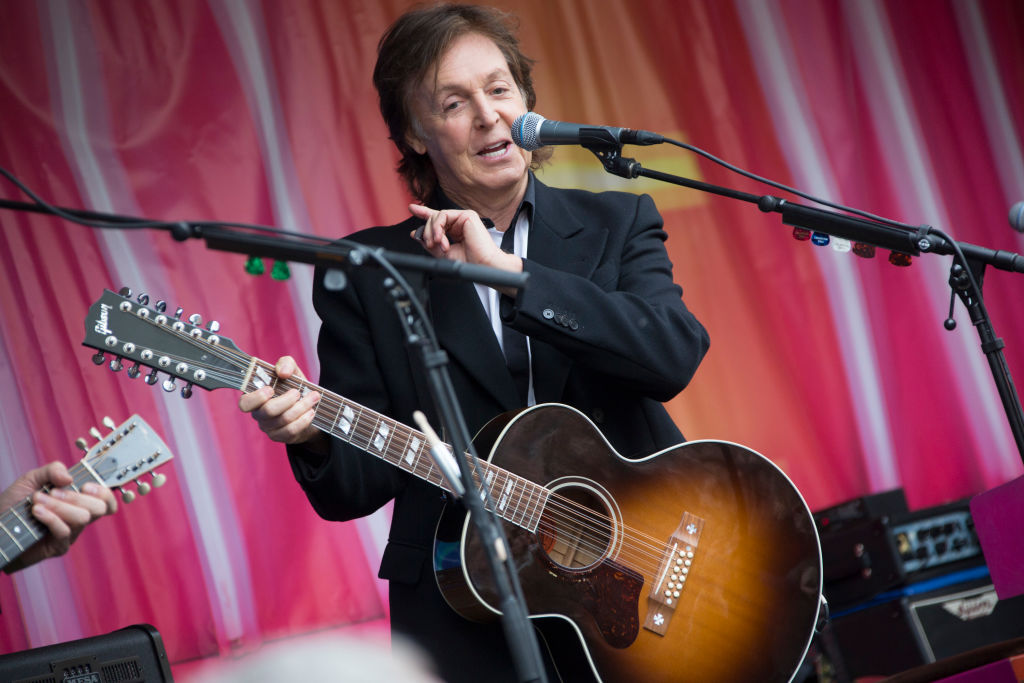
The Beatles and AI.
In Pepperland, the psychedelic realm where worship of the Beatles remains as fervent as in the 1960s, newspaper taxis carried word this month of a momentous development: Sir Paul McCartney’s announcement that artificial intelligence had made possible the completion and release, later this year, of what he called “the last Beatles record.”
The disclosure came in an interview for the “Today” program on BBC Radio, aired June 13, in which host Martha Kearney asked the legendary musician about recent applications of AI to the catalogue of the Beatles and other artists. Engineered chiefly by tech-savvy fans, shared widely on the Internet and social media, these efforts are multiplying rapidly and producing mutant works that true Beatles fans find at once fascinating and frightening.
Most intriguing was a new version of “New,” the bouncy single released by an elderly Paul in 2013, now made to sound, through the wonders of AI, as if it had been sung by Younger Paul—with backup vocals “performed” by John Lennon, the Beatles founder, assassinated 33 years before the release of (the real) “New.” The deepfake conjured the old Lennon-McCartney magic so powerfully it made some fans cry.
Other can’t-turn-away FrankenstAIn creations include a version of the Beach Boys’ 1966 classic “God Only Knows,” credited by Paul as a prime influence on Sgt. Pepper, reworked to sound as if it had appeared on Pepper. Then there was a version of “Alone Again (Naturally),” the melancholic 1972 hit by Gilbert O’Sullivan, which always sounded like Younger Paul, now sung (for real) by (fake) Younger Paul.
In fact, these modular reconfigurations, isolating and repurposing individually-recorded tracks, represent only the latest in a long campaign of assaults on the Fab canon. At certain points along the way, for fun and profit, the former Beatles themselves have joined in.
From the Vault
First came the bootlegs: unauthorized releases of the Beatles’ demo recordings, rehearsals, studio outtakes, concerts, and telecasts. Over time, these outlaw products progressed from their original late ’60s incarnation, unmarked vinyl pressings with crude, mimeographed covers, to lavishly illustrated box sets in the 1990s and beyond, notable for their crystalline sound quality, previously unpublished photos, and scholarly liner notes. In 1974, John Lennon traded a signed Beatles collectible to a fan in exchange for Yellow Matter Custard, an early vinyl bootleg of BBC radio performances.
After Lennon’s assassination, the vulnerability of the canon to misappropriation only grew. On February 26, 1985, six months before Michael Jackson purchased the publishing rights to most of the Beatles’ songs, the broadcast of the Grammy Awards unveiled a Lincoln-Mercury commercial that featured “Help!” Thus did Lennon’s seminal 1965 lament on the loss of independence become the first Beatles music to be licensed for advertising in the United States. To fans around the world, still grieving, the news was rather sad.
As if in recognition of their own audacity, Young & Rubicam, the New York advertising firm that produced the Lincoln ad, hired Howard Guard to direct it. Guard had worked on some of the musical sequences for the original Help! movie. “This music is very important to our audience,” he told a reporter. “We didn’t want to do anything to alter its basic integrity.” (No such anxieties burden today’s AI wizards.) A few years later, under Michael Jackson’s stewardship of the catalogue, “Revolution” appeared in a Nike commercial. The counter-culture had officially morphed into the over-the-counterculture.
Mashup
Eyeing the growing popularity of bootlegs, the lads compiled their Anthology series, an expansive trilogy of double-albums they released across 1995-96. The selection of rarities made it clear that the former Beatles and their team at Apple wanted listeners to savor material unheard even by hard-core collectors. It was a wealth of “new” Beatles music and studio chatter that fans greeted as a gift from the gods.
Among the Anthology offerings, however, was an alternate mix of “Penny Lane” (1967) constructed, according to the Paul McCartney Project, as “a unique combination of the many different takes and sounds that comprised [the] original master, broken down—in some cases instrument by instrument—and remixed.” I can remember loving this version of “Penny Lane” but being alarmed by the line crossed. The glimpse afforded of the Beatles’ working methods, previously provided through discrete takes, was now achieved through a conflation of takes.
Even more arresting, the series showcased two “new” Beatles songs. Jeff Lynne produced “Free As A Bird” and “Real Love” by fusing together two piano demos of Lennon’s, recorded on low-fi equipment between 1977 and 1980, with backup vocals and instrumentation recorded by the “Threetles” in secret sessions over 1994-95. The effect was eerie, but these mutants had the imprimatur of the band and Yoko Ono, Lennon’s widow, who made the original piano tapes, widely bootlegged, available for Lynne’s alchemy.
By the twenty-first century, two phenomena—the copious use of sampling by rap artists and the rise of digital technology—had spawned the “mashup”: a work produced by grafting parts of one song, or several, onto another. Once again, the surviving Beatles, unwilling to cede the field, released their own contribution.
The Love album, issued in 2006 as a companion to the Cirque du Soleil show of the same name, cleverly mashed “A Hard Day’s Night” (1964) with “Get Back” (1969). “Drive My Car,” “The Word,” and “What You’re Doing,” all from 1964-65, collided with “Taxman” (1966) and “Savoy Truffle” (1968). Some entries borrowed elements from as many as half-a-dozen songs to create a single track. It was wildly entertaining, but the Beatles had at last thrown in the towel and accepted that their canon, far from inviolable, was now as manipulable as any other set of zeroes and ones floating across the universe.
The New New
As an active unit, the Beatles and their engineers seized on every new technology that came along and wrought some innovations of their own. After their 1970 breakup, however, the Liverpudlians occasionally lagged behind the zeitgeist. They were slow to allow the conversion of their catalogue to compact disc, and to remaster their recordings when CDs improved; they took forever to green light the creation, in 2017, of the Beatles Channel on SiriusXM. On the other hand, “Here Comes the Sun” (1969), Harrison’s gentle masterpiece, recently became the first song to be streamed more than a billion times.
McCartney told the BBC’s Kearney he finds AI “very interesting.” Its meaning, however, is as uncertain to him as to everyone else. He hasn’t heard all the mutant tracks people tell him about, he said, because “I’m not on the Internet that much.”
But Kearney’s keen inquiry prompted Paul’s disclosure of “the last Beatles record.” Inspired by the pioneering use of AI by British film director Sir Peter Jackson during his work on the eight-hour Beatles documentary “Get Back,” Paul said he and Ringo and the widows—Ono and Olivia Harrison—recently applied the technology to an unspecified Lennon demo. The track is similar in vintage and lo-fi sound to “Free As A Bird” and “Real Love,” but it can now be manipulated in ways that were unavailable to Jeff Lynne during the Anthology project of the 1990s.
“We were able to take John’s voice and get it pure through this AI,” McCartney said, “so then we could mix the record as you would normally do.” No other details of the forthcoming work were divulged, and Kearney, remarkably, did not follow up. Early consensus in Pepperland is that the song will be “Now and Then,” another Lennon demo from the Dakota period which the Threetles and Lynne had tried to revive until George Harrison, citing the poor quality of the original tape, withdrew.
The truth is that, as firm as McCartney’s grasp on the Beatles’ legacy business remains, neither he nor anyone else can say for sure what “the last Beatles record” will be. Their cherished works, even their solo demos and private recordings, are all free as a bird, unshackled by the restraints of copyright laws, moral obligation, or good taste—and this bird has flown.
Ten years from now, or maybe ten minutes, it will likely be impossible for the uneducated to know that “God Only Knows” was not a Beatles song, or which version of “New” is truly new. “All of that is kinda scary,” the eternal ex-Beatle admitted, “but exciting—because it’s the future.”
The American Mind presents a range of perspectives. Views are writers’ own and do not necessarily represent those of The Claremont Institute.
The American Mind is a publication of the Claremont Institute, a non-profit 501(c)(3) organization, dedicated to restoring the principles of the American Founding to their rightful, preeminent authority in our national life. Interested in supporting our work? Gifts to the Claremont Institute are tax-deductible.
AI threatens legacy press because they rely on style over substance.
ChatGPT will replace writers who shouldn’t be.
On cultivating a healthy disgust for the almost-human.
When it comes to artificial intelligence, what are we really afraid of?
Americans must demand agency in the development and implementation of AI.

